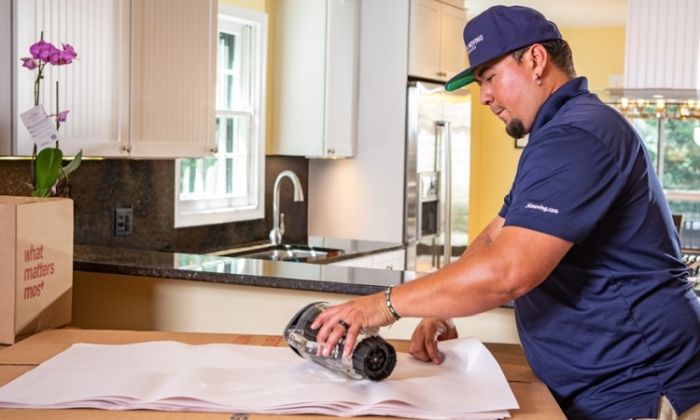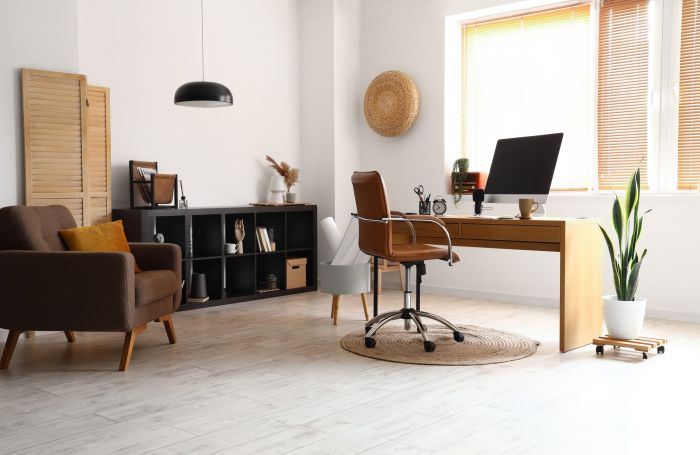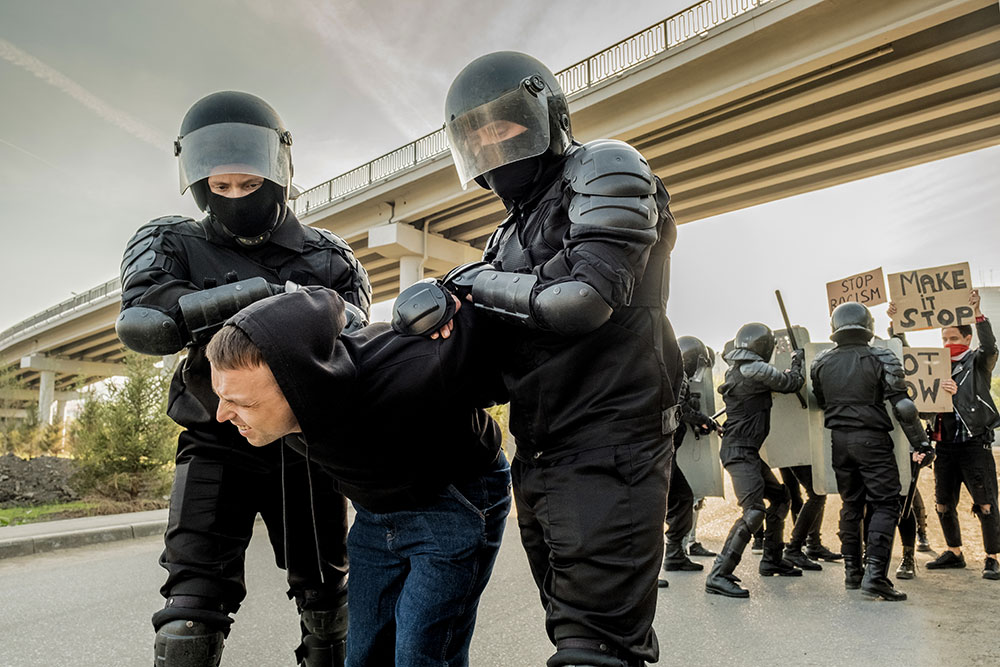A cross country move isn’t just about packing—it’s about preparation. While movers can handle the heavy lifting, your role in organizing your home before their arrival is crucial for a smooth experience. Getting everything in order beforehand can prevent delays, reduce risk of damage, and help movers work more efficiently. This room-by-room checklist ensures your space is ready for moving day from top to bottom.

General Tips Before You Start
When you are moving from San Francisco to New York City, it is important to take into consideration a few things. Before diving into each room, take care of some general tasks across the entire house:
-
Clear pathways in hallways and doorways.
-
Disassemble large furniture if not included in your moving package.
-
Remove items from walls and ceilings, like paintings or ceiling fans.
-
Dispose of hazardous materials (paint, aerosols, propane, etc.) that movers cannot legally transport.
-
Set aside a bag with personal essentials to keep with you.
Once the general setup is done, go room by room with this detailed checklist.
Living Room
This space usually contains large furniture and electronics. To prepare:
-
Disconnect and label wires from TVs, gaming consoles, and sound systems.
-
Remove batteries from remotes and store cords in labeled zip-lock bags.
-
Use blankets or pads to protect glass coffee tables or fragile décor.
-
Wrap artwork and mirrors in bubble wrap or specialty boxes.
-
Secure cushions and place small decorative items in boxes with padding.
Kitchen

The kitchen requires special care because of fragile items and perishables:
-
Use sturdy boxes for dishes and wrap each item individually.
-
Place towels or paper between plates to prevent chipping.
-
Get rid of opened pantry goods, frozen foods, and anything that won’t survive travel.
-
Clean and dry appliances like the refrigerator and microwave.
-
Disconnect water lines from appliances and tape doors shut.
Bedrooms
Bedrooms can be simplified with a few smart steps:
-
Empty drawers and pack contents separately to avoid strain on furniture.
-
Remove and wrap mattress and box springs with covers to keep them clean.
-
Disassemble bed frames and keep hardware in clearly marked bags.
-
Label all boxes with clothing, bedding, or accessories.
If you have kids, let them pack a “first night” box with favorite toys, clothes, and essentials to help them settle in.
Bathroom
Bathroom preparation is quick but important:
-
Pack toiletries, towels, and cleaning supplies in water-resistant containers.
-
Properly seal or discard any open liquids or sharp tools like razors.
-
Create a separate toiletry kit for your first few days at the new location.
Home Office

Important documents and electronics require extra attention:
-
Back up data from your computer in case of damage.
-
Pack laptops and small electronics in original boxes if available.
-
Keep important documents like medical records, insurance papers, and moving contracts in a folder you carry yourself.
Garage and Outdoor Areas
These areas often go unnoticed:
-
Drain fuel from tools like lawnmowers or chainsaws.
-
Bundle garden tools securely.
-
Remove or secure propane tanks, firewood, or chemicals (many movers won’t take these).
-
Clean and dry outdoor furniture.
Final Thoughts
Being well-prepared allows your moving team to do their job quickly and safely. With each room properly organized and packed, your cross country move becomes far less stressful and far more successful. When you are moving from San Francisco to New York City or between any other cities or states, taking these steps can make the experience pleasant.
